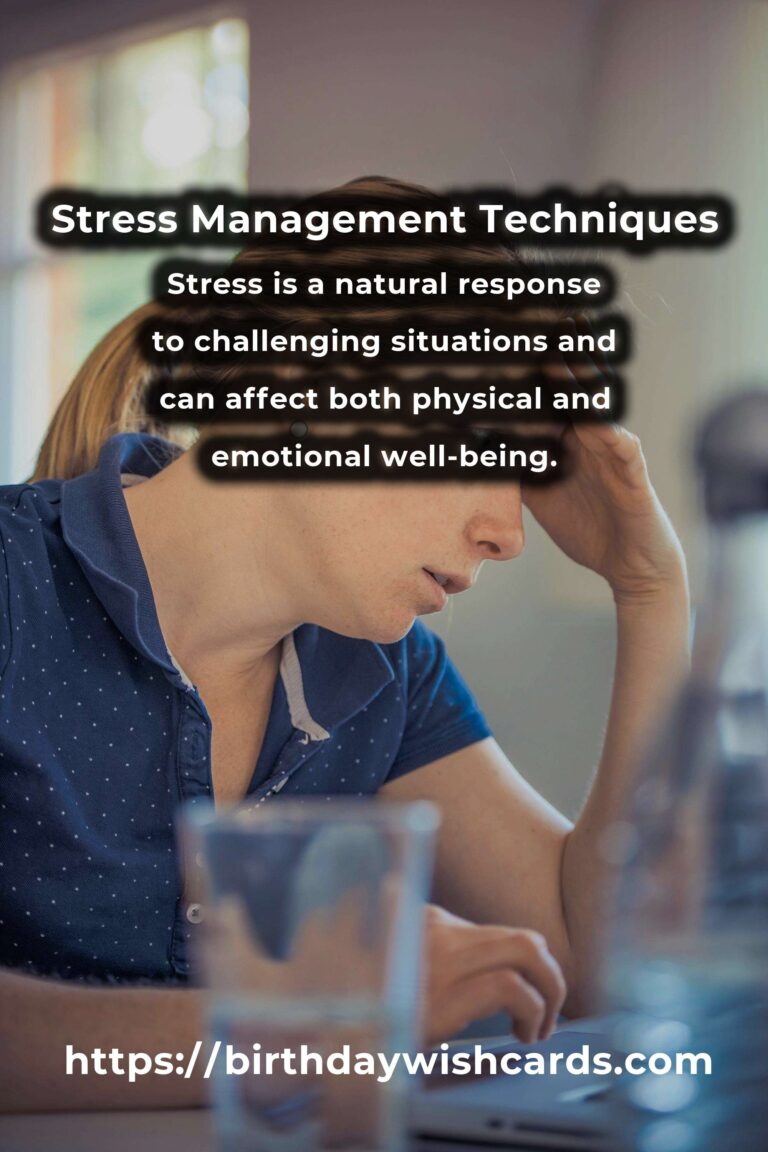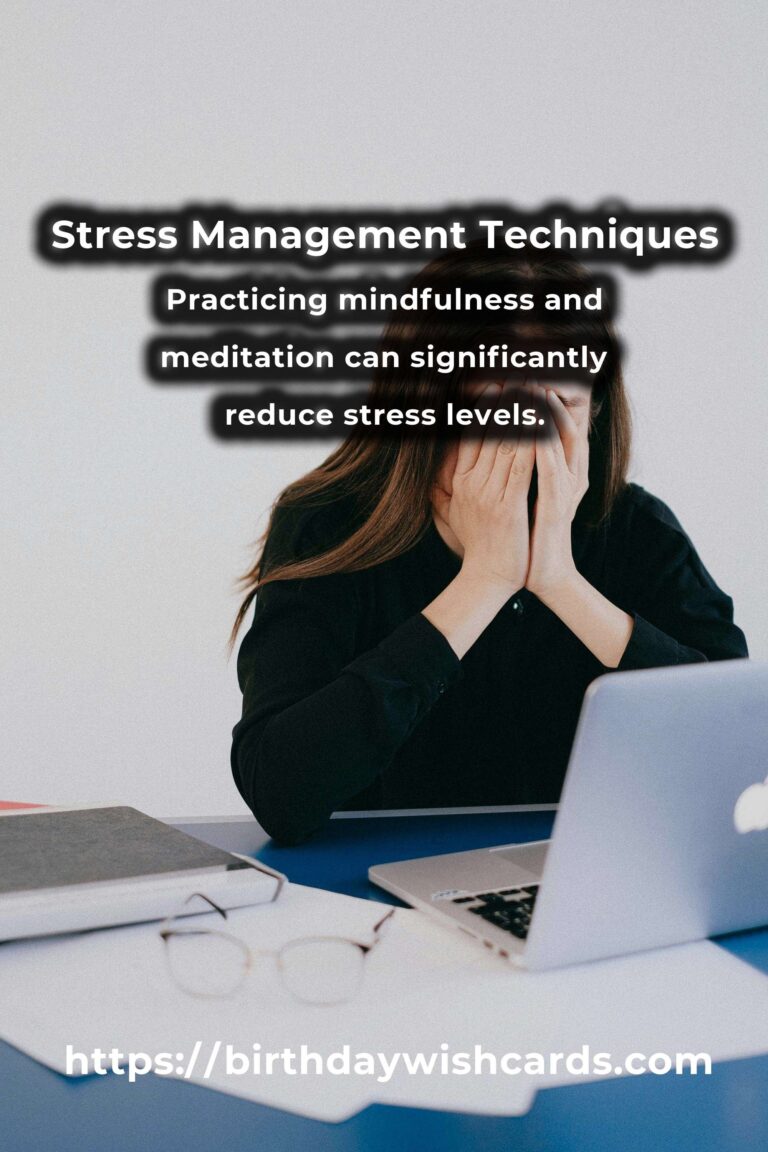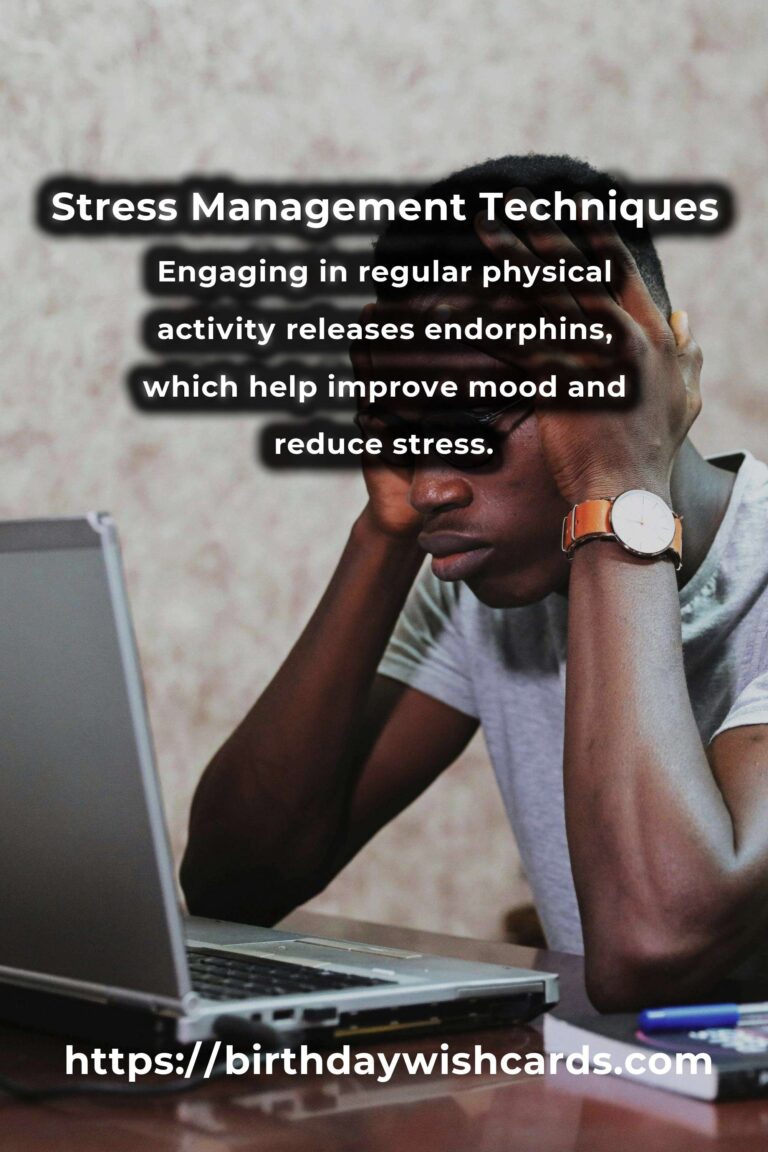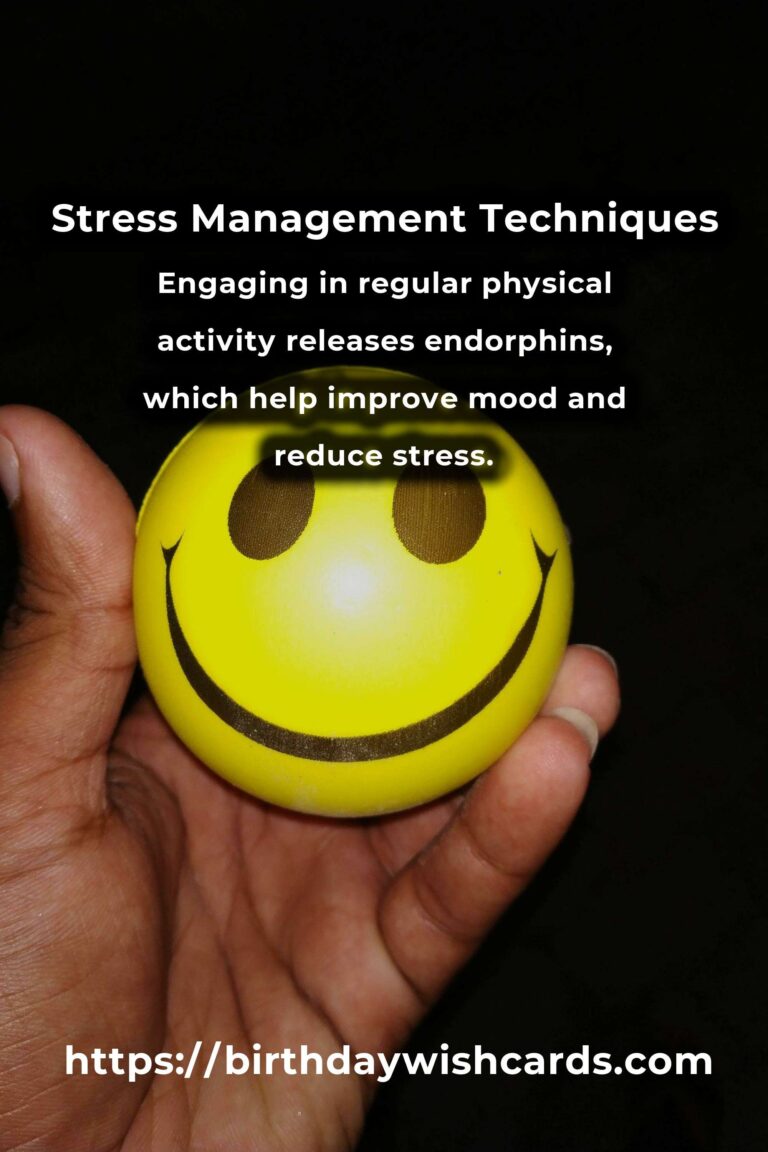
Understanding Stress and Its Impact
Stress is a natural response to challenging situations and can affect both physical and emotional well-being. It is crucial to understand its impact to manage it effectively. Stress can manifest through symptoms such as headaches, fatigue, irritability, and difficulty concentrating.
Identifying Stress Triggers
Recognizing what causes stress is the first step in managing it. Common stressors include work-related pressures, financial issues, health concerns, and relationship challenges. Keeping a stress journal can help identify patterns and specific triggers.
Effective Stress Management Techniques
1. Mindfulness and Meditation
Practicing mindfulness and meditation can significantly reduce stress levels. Taking a few minutes each day to sit quietly and focus on breathing can calm the mind and body.
2. Physical Activity
Engaging in regular physical activity, such as walking, yoga, or swimming, releases endorphins, which help improve mood and reduce stress.
3. Healthy Eating
A balanced diet can support stress management. Foods rich in vitamins, minerals, and antioxidants can help the body cope better with stress.
4. Sleep Hygiene
Getting enough sleep is crucial for stress management. Establishing a regular sleep schedule and creating a restful environment can improve sleep quality.
5. Social Support
Connecting with friends and family provides emotional support and can help alleviate stress. Sharing feelings and experiences can offer new perspectives and solutions to stressors.
Time Management and Organization
Effective time management can prevent stress by reducing the feeling of being overwhelmed. Prioritizing tasks, setting realistic goals, and using tools like planners can help manage time efficiently.
Professional Help and Counseling
Seeking professional help from a counselor or therapist can be beneficial for those struggling with chronic stress. Therapy can provide coping strategies and support for managing stress.
Conclusion
Managing stress is a lifelong process that involves understanding stressors and utilizing effective coping mechanisms. By incorporating mindfulness, physical activity, healthy eating, and seeking social and professional support, individuals can lead healthier, more balanced lives.
Stress is a natural response to challenging situations and can affect both physical and emotional well-being. Recognizing what causes stress is the first step in managing it. Practicing mindfulness and meditation can significantly reduce stress levels. Engaging in regular physical activity releases endorphins, which help improve mood and reduce stress. Seeking professional help from a counselor or therapist can be beneficial for those struggling with chronic stress.
#StressManagement #Mindfulness #HealthyLiving #WellBeing #StressRelief













